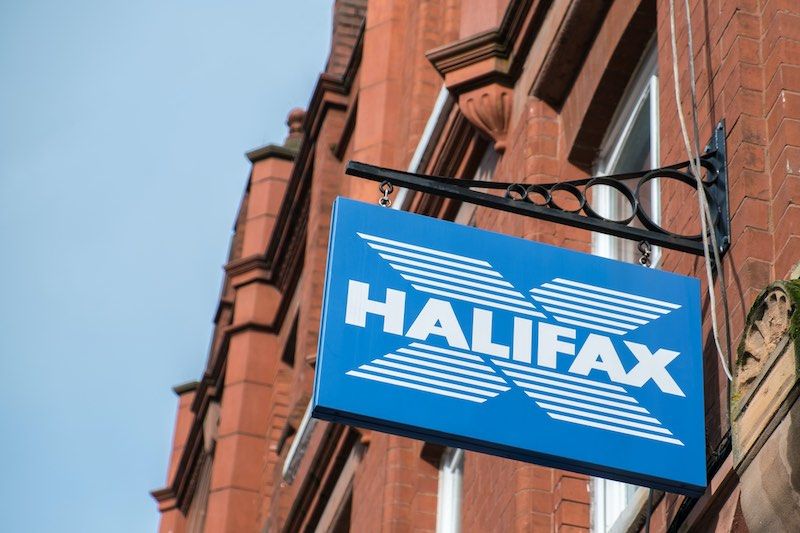09
August 2021
Halifax predicts cooling in Britain’s house price boom
The largest mortgage lender in the UK has predicted that the house price boom in Britain will cool after new data showed a drop in the annual rate of property inflation.
Halifax said that prices rose by just 0.4% last month. July was the first month in which homebuyers in Northern Ireland and England were given less generous stamp duty exemptions.
The mortgage lender said that prices had risen sharper during the same time period for the previous year. The annual rate of increase fell to 7.4% from 8.7%.
There was a distinct north-south divide in the property market, as areas in the south experienced much smaller annual price rises compared to areas in the north.
The biggest jumps were recorded in the north-west, Yorkshire and Humberside, and Wales. The smallest increases were seen in the south-east, London, and the east of England.
Halifax’s managing director, Russell Galley, said: “Recent months have been characterised by historically high volumes of buyer activity, with June the busiest month for mortgage completions since 2008. This has been fuelled both by the ‘race for space’ and the time-limited stamp duty break.
“With the latter now entering its final stages (the zero per cent rate only applies to the first £250,000 of the purchase price, before reverting back to standard rates from October), buyer activity should continue to ease over the coming months, and a steadier period for the market may lie ahead.”
Chief executive of property consultancy SPI Capital, Anna Clare Harper, says that cheap borrowing and limited supply will push house prices to keep rising faster than most people’s wages.
“The slight cooling-off in annual house price growth is not surprising as the boom in values has been directly caused by policies around the pandemic rather than happening despite Covid,” said Harper.
“Housing transactions and prices were encouraged by the temporary stamp duty reduction, which was designed to boost the housing market and confidence through the pandemic, as well as lockdown-led upsizing and a flight to safer assets. Alongside this, interest rates remain low, which helps to explain why house prices are rising so much faster than wages: money is cheap and accessible.”





